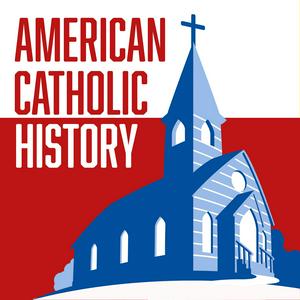The Josephites, formally the Society of St. Joseph of the Sacred Heart, were founded in 1892 when priests of the “Mill Hill” priests from England separated from the mother order. The Mill Hill priests had been founded in England in 1866 by Father Herbert Vaughn — later the Cardinal Archbishop of Westminster — who desired to establish a missionary society. In 1871 Pope Pius IX gave the Mill Hill priests the mission of evangelizing the millions of blacks in America who were recently freed slaves in the wake of the American Civil War. They did amazing work, but, in spite of fact that the American bishops, led by Archbishop Martin Spalding of Baltimore, had specifically requested aid from Rome to help with the difficult challenge of these newly freed slaves, the Church in America, at all levels, still included many people with frankly un-Catholic understandings of their obligation of charity and justice toward their fellow man. Many black Catholics, and those who helped them, like the Josephites, faced terrible racism and segregation, for decades. However, the persistence of the Josephites, and the good will of a few very important figures, put the Church at the forefront of the civil rights movement of the 1950s and 60s. The Josephites are the first, and still one of the few, religious orders that work exclusively to aid black Catholics and preserve and promote a uniquely black voice in Catholicism in America.


